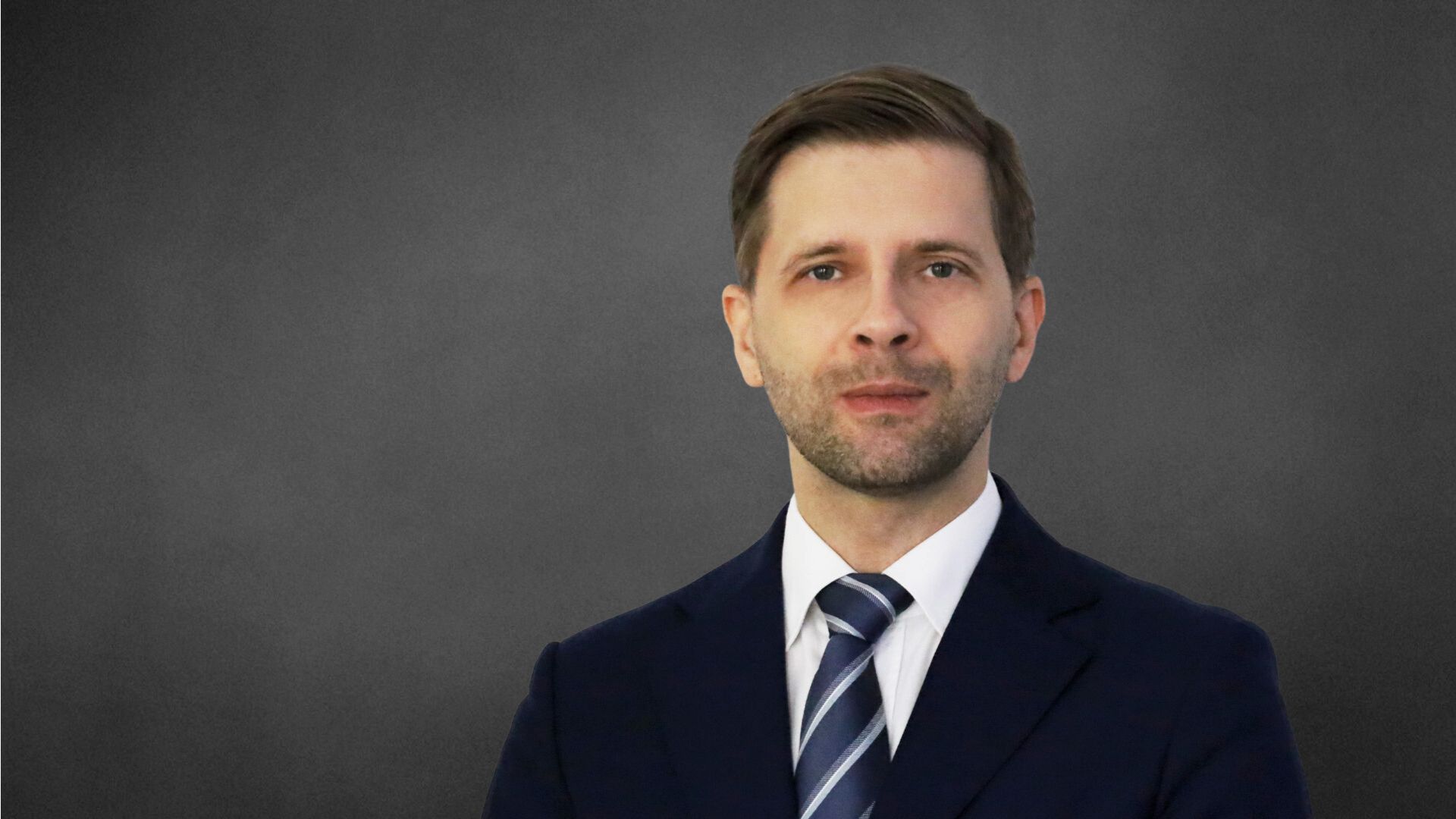A Political Twist after the October Elections in Brazil

Who were the presidential candidates?
Bolsonaro competed in the second round with Fernando Haddad. Bolsonaro is former military. He has won consecutive elections as federal deputy to the Brazilian National Congress since 1991. As a presidential candidate, he represented the rightist Social Liberal Party (PSL) and his campaign was marked by highly confrontational statements and threats towards his political opponents. Haddad served as the mayor of São Paulo and minister of education. He became the candidate for the leftist Workers’ Party (PT) in September only after the frontrunner in the polls, Luiz Inácio Lula da Silva (Brazil’s president in 2003–2010), was barred from being a candidate because of a jail sentence over corruption.
What is the explanation for Bolsonaro’s victory?
Bolsonaro’s success mainly results from the loss of credibility of the main political forces because of their involvement in a group of corruption scandals uncovered since 2014 in the investigation known as Operation Car Wash. The difficult economic situation (persistent negative effects of the 2015–2016 recession and unemployment surpassing 12%) as well as worsening security on the streets (the number of murders is especially alarming) have further stirred voter discontent. The scale of the expectations to resolve these problems may explain why Bolsonaro’s antagonistic (racist, misogynistic, homophobic) statements and radical proposals (e.g., military’s stronger role in fighting crime and broader rights for the police to use guns) didn’t scare off the majority of voters. He also proved more successful in using social media than his rivals.
What will be the main challenges in the country?
Bolsonaro will take over the presidency in a moment of significant public polarisation and low confidence towards state institutions. His government will continue efforts aimed at balancing Brazil’s financial accounts. It will not avoid the need to restart work on the unpopular pensions reform. The outgoing Michel Temer government has not been successful in delivering it, but it is crucial for the long-term budget stability in Brazil. Reviving economic growth and reducing unemployment will be other important challenges. To push his plans through, Bolsonaro will need a coalition in the National Congress, which will be very fragmented. The parliamentary election of 7 October (held along with the first round of voting for the president) has seen candidates of 30 different parties successful in entering the 513-seat Chamber of Deputies.
How might Brazil’s foreign policy change?
Bolsonaro’s priority apparently will be close cooperation with the U.S., such as Brazil’s OECD membership bid. He also considers Israel another key partner, which is why he suggested the possibility Brazil might move its embassy from Tel Aviv to Jerusalem. He calls for greater market opening for foreign investors, but at the same time negatively assesses China’s strong economic engagement in Brazil. Bolsonaro will probably be keen to be more active in regional actions aimed at restoring constitutional order in Venezuela. He is expected to work on reform of Mercosur, e.g., revoke the ban on bloc members to confer individual preferential trade deals. In Brazil, the ministry responsible for the economy potentially could replace the foreign ministry in managing trade negotiations.



